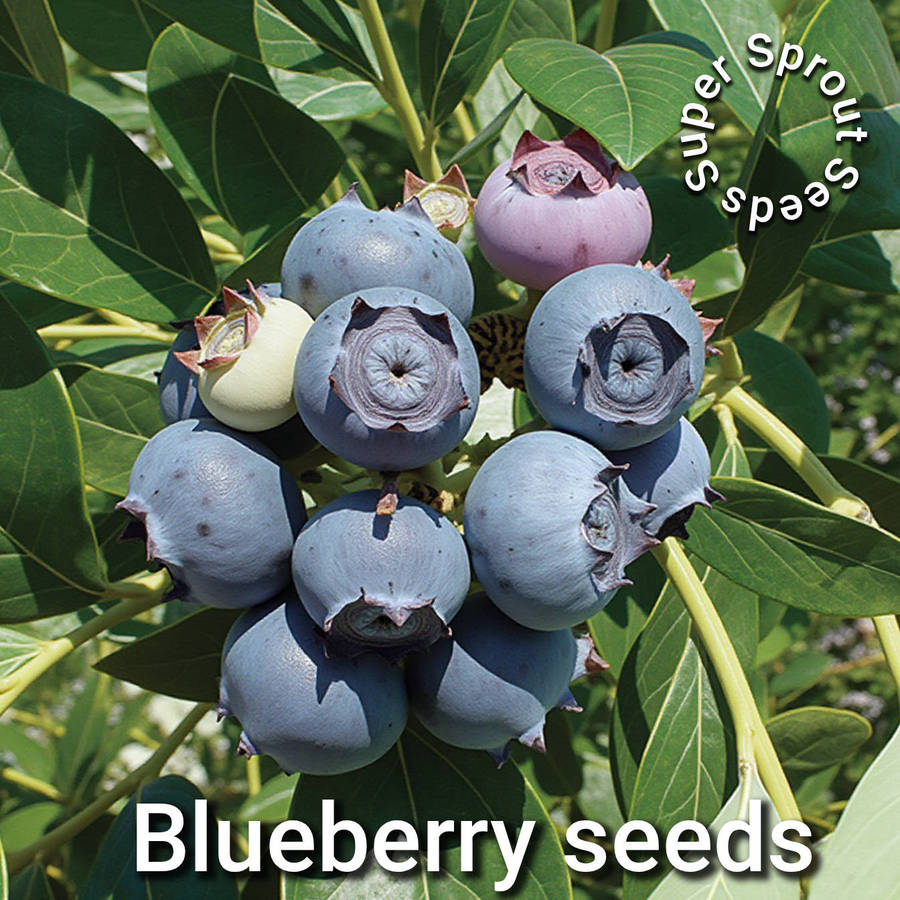
Blueberry seeds x 50+ seeds
Check my rate
| Main centres: | 1-3 business days |
| Regional areas: | 3-4 business days |
| Remote areas: | 3-5 business days |

| Main centres: | 1-3 business days |
| Regional areas: | 3-4 business days |
| Remote areas: | 3-5 business days |
Blueberry plants require highly acidic, well-draining soil and full sun to thrive. The ideal planting time in South Africa is early autumn or spring. Growing them in pots with a specialized acid-loving potting mix is often the easiest option.
Growing a blueberry plant from seed is a slow, multi-stage process that can take up to three years before you see any fruit. The seeds require a period of cold stratification before they will germinate.
Stratify the seeds
This cold period helps seeds germinate. Place the seeds on a damp paper towel in a plastic bag and refrigerate for about 90 days, checking weekly to keep the towel moist.
Plant the stratified seeds in trays with drainage holes, filled with an acidic mix like ericaceous compost, sand, or perlite. Scatter seeds thinly, cover with a thin layer of compost, and mist. Keep trays warm (1621°C), bright, and moist. Germination can take 4 to 11 weeks.
Once seedlings have a couple of sets of true leaves, move them to larger pots (30 cm) with acidic soil. Carefully lift seedlings, plant individually, and water gently in a sunny indoor spot. Use rainwater and a half-strength ericaceous liquid fertilizer during the growing season.
After the last frost, gradually expose plants to outdoor conditions over 12 weeks. Plant in a sunny, sheltered location with acidic, well-draining soil, spaced about a meter apart. If your soil isn't acidic, consider raised beds or containers.